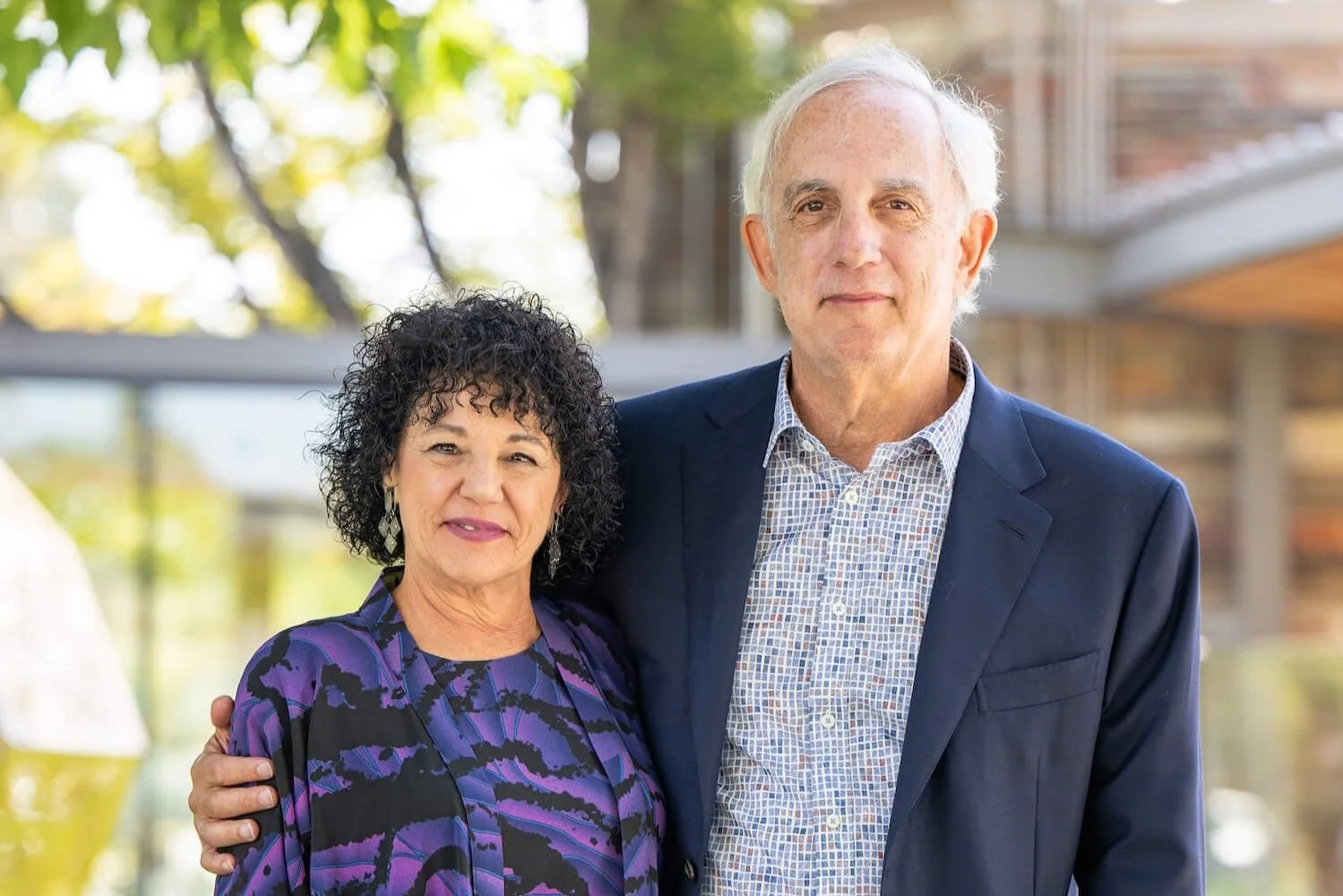In an Era of Tech Regret, Donors Want to Give Computer Science a Conscience
/dencg/shutterstock
We’ve entered an era of deep regret about the enormous power the tech industry and its products have amassed. That’s perhaps best summed up by a 5,800-word Times opinion piece by Facebook co-founder Chris Hughes, in which he essentially says the all-powerful company has become a threat to democracy and must be broken up.
Hughes is among a growing number of tech alumni (many from Facebook alone) expressing guilt and concern about the dystopian influence of the field’s algorithms, social networks and abuse of personal data.
But hang on—these guys (yes, mostly guys) have a lot more than just a platform they can use to air concerns: A bunch of them also got super-rich by building this particular dystopia. So in grand philanthropic tradition, a set of tech billionaires is trying to use some of that wealth to right wrongs in the system that created it.
One recent example is the Responsible Computer Science Challenge, which turns its attention to computer science undergraduate education. With backing from Craig Newmark Philanthropies, Omidyar Network, Schmidt Futures, and Mozilla, the philanthropic competition is putting up to $3.5 million in prize money toward projects to “embed ethical thinking” into university computer science programs. The challenge recently announced $2.47 million for 17 university projects in its first phase of prizes, backing things like ethics role playing games, partnerships with nonprofits and government, and more traditional curriculum elements.
Related:
A Tech Billionaire Takes on... Tech. What's His Larger Game Plan for Giving?
What's the Solution? A Cross-Sector Initiative Targets Fake News
As with any societal course correction, philanthropy will have a role to play here, and there’s a growing corner of giving responding to out-of-control tech, whether that means propping up a hobbled media, starting watchdog think tanks, or, in this case, trying to spawn a new generation of programmers who understand the human implications of their code.
Back to School
The initiative started in October and was incubated by the Omidyar Network with a goal of changing the way we educate computer scientists, helping them to understand the power they wield and to incorporate responsibility and accountability into their work. Winners are chosen by a committee of 19 experts from industry, academia, and elsewhere. Each first-round winner takes home $150,000, and in the next stage, a smaller number of them will be able to expand their work with another $200,000 each.
Omidyar’s role here is predictable, as the eBay founder’s philanthropic hybrid has signaled it will place heightened scrutiny on the tech industry and capitalism itself, as we reported previously. Omidyar also has a Tech and Society Solutions Lab, with priorities of “Beneficial Technology” and “Reimagining Capitalism.” It’s part of a current running through the sector in which some leaders are openly questioning neoliberal principles and looking for off-ramps from the era of market triumphalism.
Newmark, too, has become a major funder responding to tech industry power. Craigslist, of course, helped usher in a new advertising paradigm that laid waste to many traditional media outlets, but Newmark has become a huge supporter of journalism. His latest such endeavor is The Markup, a tech watchdog news outfit that he launched with $20 million. Overall, journalism funding has been one of the biggest philanthropic responses in the Trump era.
Schmidt Futures, the philanthropy of Eric and Wendy Schmidt, tends to be pretty bullish on new technology, but has a focus area on using tech to advance progress. And the Mozilla Foundation is part of the unique corporate structure of the company behind Firefox and other software products, and a longstanding funder and advocate for a healthy and open internet.
Related:
As Concern Grows, Another Philanthropy-Backed AI Watchdog Launches
A University Gift to Get the Tech World and Humanity Better Acquainted
This is not the first academic effort looking to shape a more ethical tech industry. We’ve covered past philanthropy supporting ethical AI, as well as university gifts to connect humanities and social science with technology. There’s heightened awareness that the engineers who shape so much of our fates should have deeper schooling. In fact, 35 industry leaders (including Chris Hughes) signed an open letter of support for the Responsible Computer Science Challenge and the need for more well-rounded education.
How Serious Are They?
I don’t know that these donors would describe their own motivations as coming from a place of regret or guilt (Newmark has said he doesn’t feel responsible for newspapers’ decline), but how might private wealth and philanthropy move society past the panic and toward solutions?
The Responsible Computer Science Challenge offers an interesting test case, and the program makes sense. Education is definitely a worthy target—there’s potential to play a long game, and the sector is very comfortable in academia.
The leaders of the project note that this is only one of many solutions required. So I don’t think anyone is saying that this is the end-all, be-all of this problem. There are plenty of business ethics classes, after all, and they hardly put a stop to corporate abuses.
But as more voices call for a chainsaw to be taken to the tech industry, or at least its major players, I have to wonder if tech philanthropy is ready or willing to go beyond this initiative, which is more of a gentle inoculation.
Some of the more aggressive solutions being seriously proposed include antitrust measures to break up companies, eliminating the centralized leadership structure Facebook uses, creating new regulatory bodies, passing new data privacy laws, and flat-out banning certain technologies. Few in philanthropy have taken up such causes.
If wealthy tech alums really want to correct the sins of the (very recent) past, they might focus not just on making engineers and companies more ethical in wielding power, but on wresting some of that power from their hands in the first place.
Related:







































